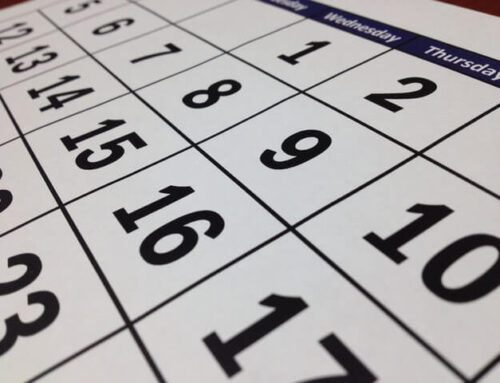Degenerative disc disease (DDD) is among the most common causes of low back pain, but surprisingly, few people truly understand what it is and what its symptoms are. To define it succinctly, DDD occurs when the discs separating the vertebrae of the spine become worn and begin to break down. The degeneration of these discs leads to several different pain symptoms that range in intensity from mild to severe. While there is no cure for this disease, you can treat it without surgery.
If you have any of these four symptoms of DDD, it’s time to act and schedule an appointment with a chiropractor.
Pain When Sitting, Bending, or Twisting
Sitting puts more pressure on your spine than standing does, which is why so many people with desk jobs suffer back pain. If sitting upright for long stretches of time causes pain but sitting in a reclined position does not, it could be a sign of degenerative disc disease. Likewise, if bending or twisting into certain positions causes any pain symptoms, you should definitely talk to a medical professional.
On the other hand, if your pain dissipates when you stand up from a sitting position or when you take a break from sitting to walk around, this could be another sign of the disease. If any of these things happen, it’s important to understand that this is not a time to fight through the pain. The pain is telling you that you are doing damage to your body. Listen to what the pain has to say.
Constant, Dull Low Back Pain
Perhaps the most common symptoms of degenerative disc disease is a constant, mild-to-moderate pain at the site of the damaged disc. The pain can also spread to the buttocks and thighs.
Leg Pain
When a disc degenerates, it can collapse and cause the vertebra it’s supporting to put pressure on the nerves that radiate from the spine. This pressure often translates into numbness or sharp pain in the upper leg and lower back. It may also cause feelings of weakness, as though your legs might give out.
Low Back Pain Flare-Ups
With DDD, your pain symptoms can flare up at times. During a flare-up, you low back pain and other pain symptoms can grow worse for days, or even weeks in some cases, before returning to the constant, dull back pain that is typical of the disease. Your pain can become so severe during a flare-up that you lose some mobility.
Get Your Degenerative Disc Disease Under Control
If you have any of the above symptoms, it’s time to start actively seeking a solution. Without a treatment plan, your symptoms will only grow worse, and the worse they get, the more difficult it will be to recover fully. Get the answers you need from an experienced chiropractor. Schedule a consultation today if you want to say goodbye to your degenerative disc symptoms.






